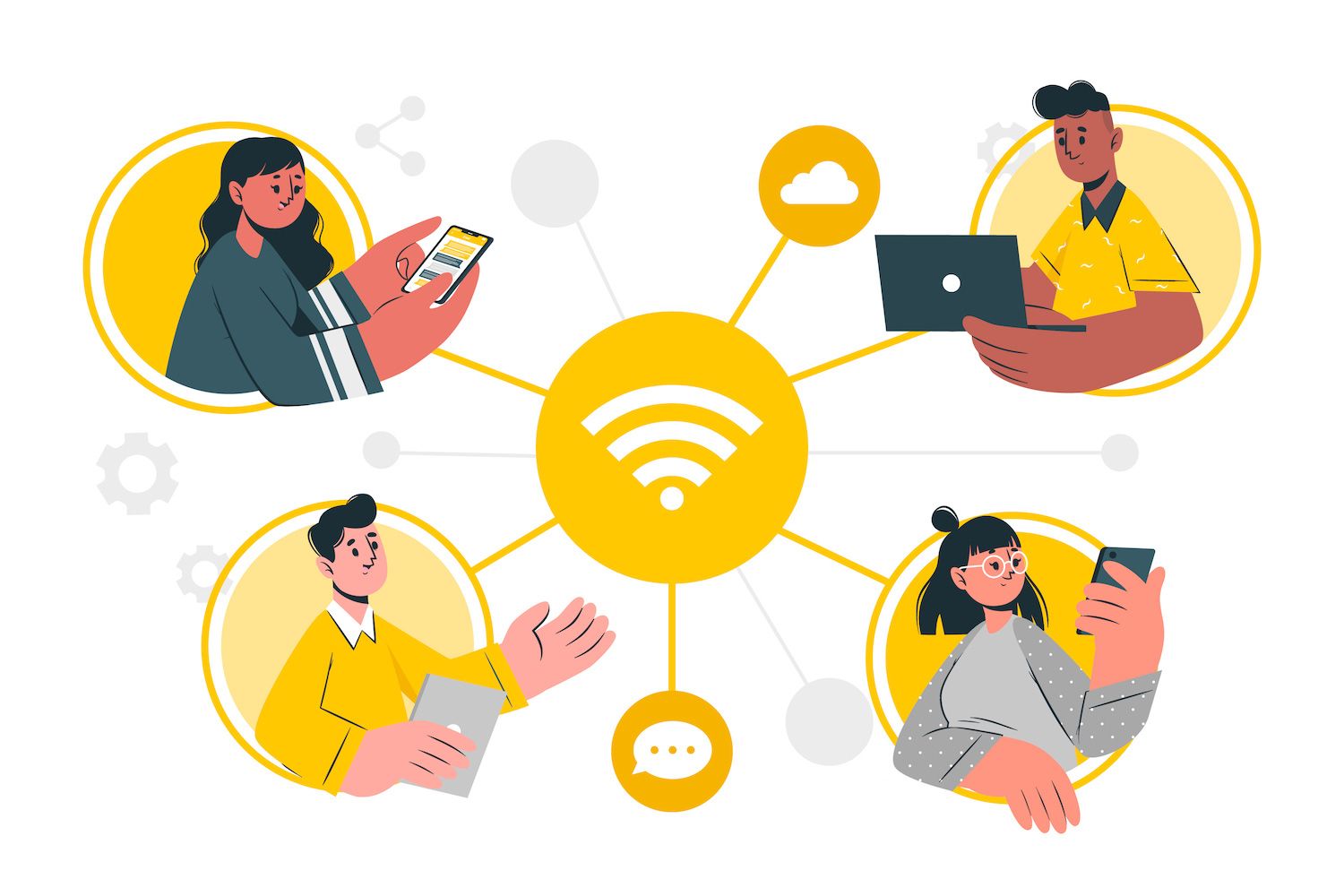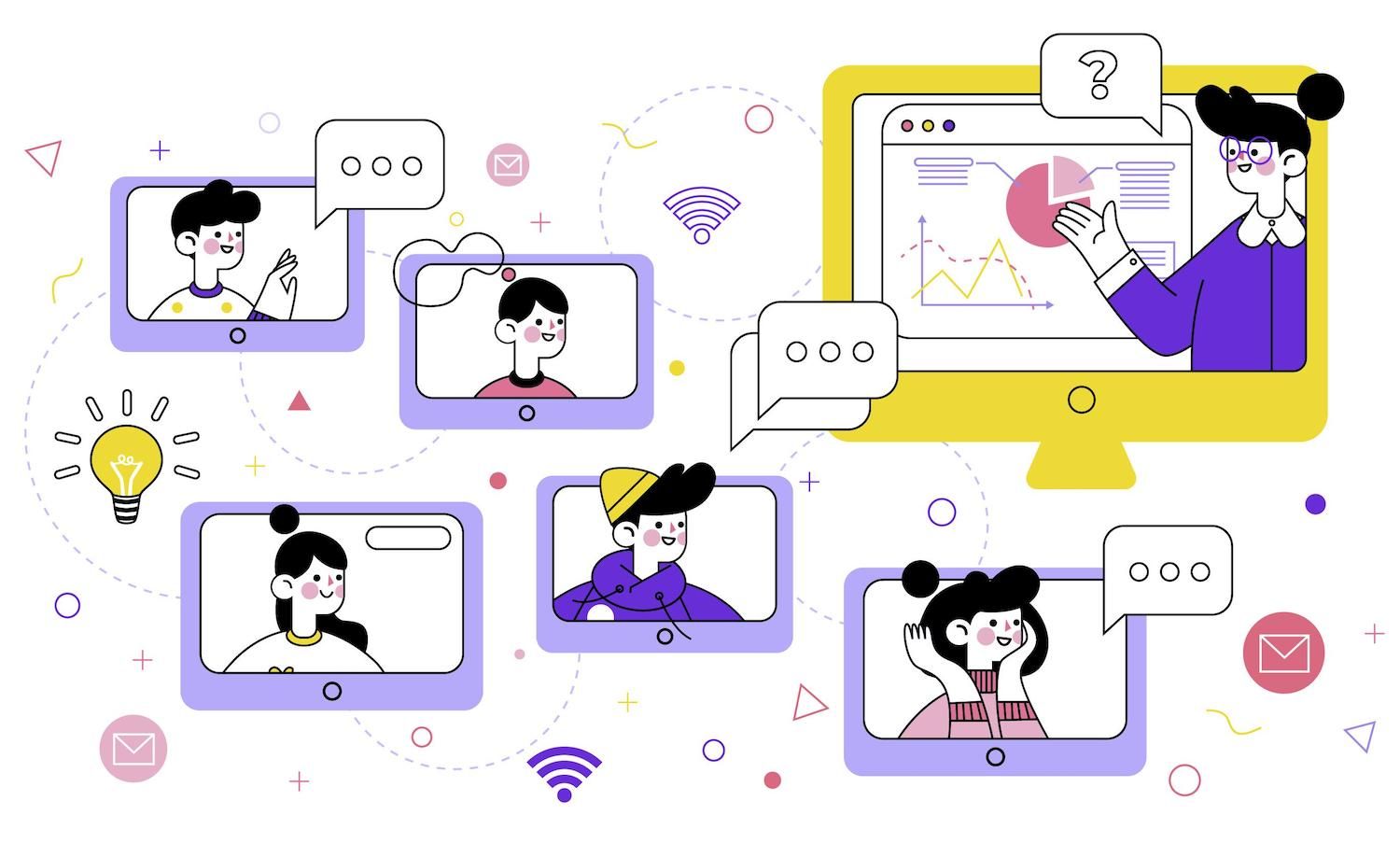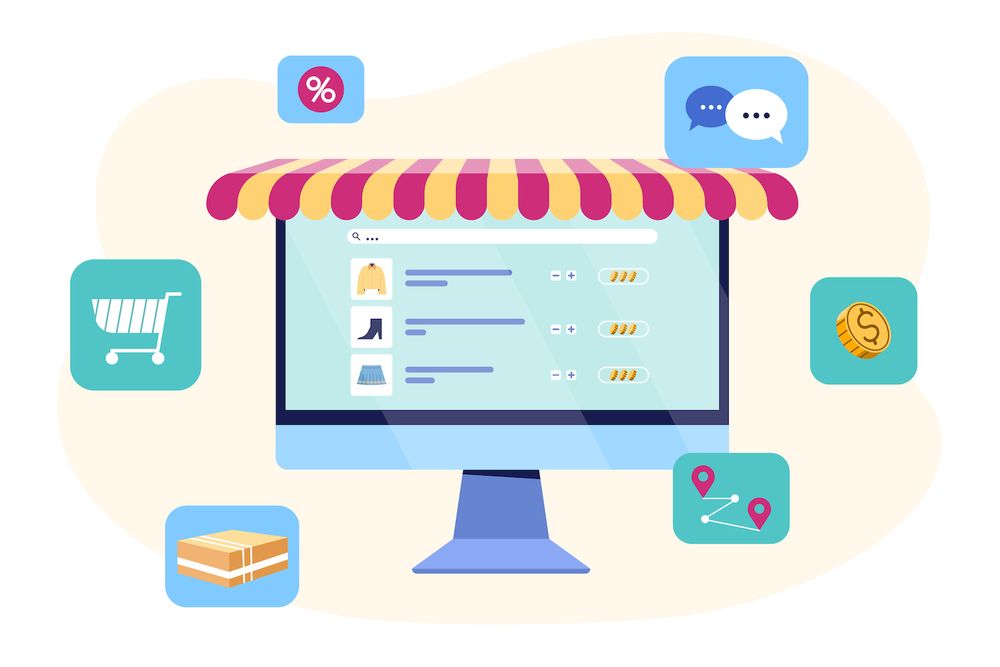How to sell a Mobile App or Game outside App Stores -
We thank Tony Markov for contributing to this article!
If you're not certain which way to promote your app direct to consumer (D2C) beyond the app store or seeking a different option to make money off your mobile app or game You may be wondering what options you have.
Steep fees from platforms like those of Apple App Store and Google Play are a reason that can make it difficult for game developers and developers to think beyond the convenience and ubiquity of traditional marketplaces for apps however, the restrictions of platform providers are making it difficult.
But, due to current court cases as well as the creation of new regulations and laws The mobile world is evolving.
You might have more options than you initially thought But where should you begin?
In this post, we'll cover:
- Current app store practices and rates.
- Various tools you can utilize to make money with games and apps outside of the app store.
- Highlights from the most recent U.S. and European legal news stories that can affect app sales and game monetization.
How Mobile App Stores function currently
Making up 99percent of the markets for mobile operating systems share worldwide, Android with the Google Play Store as well as iOS through the App Store of Apple enjoy an advantage over mobile app distribution and e-commerce for mobile apps all over the world. As these markets begin to expand, it's helpful to understand the principles that apps have traditionally worked within.
The positive side is that since major app stores are used by nearly every person on earth with a mobile phone, the capacity to bring in new users to your application or to play your game is unparalleled. App stores also allow easy and simple for users to purchase and download new apps and in-app purchases through a marketplace that they trust and with payment methods they've already saved to their account.
App stores allow app developers to distribute their applications. They also manage important transaction factors such as various payment options and currencies, fraud, tech support related to the transaction, as well as collecting and settling sales tax.
However, this ease of use isn't without a price for developers.
What are the Downsides of Monetizing via Major App Stores
Assuming your game or app can be accepted by the gatekeepers of the mobile app stores initially and there is no competition means that fees associated with sales via iOS and Google Play app stores are quite high -- typically at least 30%..
These fees are also applicable for in-game purchases too. This means that regardless of whether you decide to make a game for free and then monetize it through online purchases, your users and customers will be charged hefty costs to the app store.
Transferring the Fees- - or Savingsfor Consumers
Some apps are starting to clarify that at a minimum, a part of their high-cost app store charges are being passed along directly to buyers, but that there are lower-cost options instead.
Otter's 2023 Pro Pricing Changes
Otter changed its pricing plans in mid-2023, with package pricing changes going to effect on August 20, 2023..

There was a interesting Pro option: Paying for a yearly subscription via Apple App Store or Google Play Store will cost users an extra 10 dollars and will raise the cost approximately 8%, between $119.99 and $129.99 USD.
To explain how users are able to avoid the charge, Otter placed a green "Tip" box just below the Otter Pro pricing grid, telling users to "Learn the steps to change their Apple App Store or Google Play Store subscription to Otter through the Web ."

To address this pricing discrepancy further, the FAQ section located at the bottom of the announcement page states the higher price via app stores "reflects the extra charges needed to host the Otter.ai subscriptions in both Apple and Google's apps stores."
It continues to specifically recommend that users remove their existing Apple App Store or Google Play Store subscription, and then sign up again on Otter's website..
The Increasing Trend in Video Game User Account Purchases
Like Otter, many game app developers are offering discounted prices to users if they purchase outside of the app via an external account connected to the app.
Developers may advertise these types of deals and user accounts on their websites.

App developers make it quick for a user to sign-up by opening the app on their smartphone, pressing a button to create an account for the user, then signing up.
Then users can easily purchase items from the site directly, at a price much lower prices than if they made the same purchase through the application. (More about user accounts here.)

The App Store's List of developers selling D2C will grow.
There are many benefits when selling games and applications through apps and games through iOS App Store and Google Play however, the drawbacks of pricing as well as the restrictions on distribution for games means that, when court proceedings continue to rage on and regulations are introduced to open the marketplace, more developers will be wondering whether they could apply an effective D2C strategy for their app or game.
How to sell Apps outside App Stores
Even though Otter's app is downloaded via the Apple App Store or Google Play Store -- and Otter is charging a higher rate if you are paying the annual Pro subscription through those stores -- there's a cheaper option for their users: Downloading the app from any of these stores however, paying for the service on Otter's own website by using a different service provider.
This model is an example of the differences between disseminating applications through app marketplaces, and monetizing an app through the app marketplaces.
However, even if the downloads of your application belong to a store that is owned by a third party, that isn't a guarantee that this is the sole method for users to pay for your service or features.
Here are some important things to think about in establishing your own monetization option outside of major app marketplaces.
Choose a Payment Service
There are numerous options to pay for payments through payment service providers (PSP) as well as merchants of record (MoR) that are available which you can setup to take payments outside of device-captive app stores.
There is however a significant difference between payment services companies and merchants of record.
A PSP assists businesses in selling products by providing the specialized connectivity and services required to make it happen (such the connection of payment processors, payment gateways as well as a merchant account).
An MoR as a whole and is able to take on significant responsibilities including ensuring card brand rules, regulatory rules in many geographies as well as risk, sales taxes and VAT, and more. This includes the calculation, collection and remitting taxes.
Why not just pick an even lower-cost solution Similar to Stripe?
Stripe offers multiple upgrade options to cover some of these needs, but every upgrade will increase the price anyway.
Users Accounts
For the purpose of connecting purchases from your own checkout option and your app that was downloaded from the app marketplace, you'll likely require a user account system that allows users to keep track of -- and get in-app credit for -- their purchase.
Users with accounts can use their account to make purchases outside of their App Store as well as the Play Store, then sign into your account to see the purchase credited to their account.
For the instance of we offer consumers with support -- so if there are any problems with their purchase or their purchasing account, we'll available to assist.
The purchases that are tied to accounts of users are often in the form of in-app currency or subscriptions.
Game or in-app currency
For monetizing your app with game currency or in-app The currency is bought using real money on your site and then redeemed inside your application for things such as features, items, etc.
For many app games, the games use in-game currencies that includes gems, coins gold, coins, or some other distinct fictional currency that players can use to earn bonuses in the game. This currency is typically purchased in various packages, with web-exclusive pricing offered if users leave the app and purchase directly from the site of the game's developer.
Subscriptions
Rather than individual purchases as needed, you may prefer to offer access to your app (or its premium services and features) by way of a subscription often available monthly or yearly.
Apart from a freemium plan The Otter's services are offered as monthly or yearly subscriptions.

Items and Upgrades
Upgrades and items are another packaging option for monetizing your app. These can be independent of different options, such as subscriptions or in-app currency, or they can work in tandem in conjunction with them.
In the case of Otter, which offers a freemium version of their services (either through their website or via their application) Upgrades such as more minutes of transcription, team collaboration, as well as advanced export options encourage users to sign up for their Pro and Business packages.
When it comes to gaming apps, the possibilities are almost endless with unique items, characters as well as power-ups to motivate players to shop through the web site and use within the application.

Legal News Re: App Revenue and Monetization
If you're unfamiliar with the ongoing and recent legal battles that could impact both Google and Apple's online stores in some way, there have been quite many within Europe and the U.S. and Europe alone.
The Digital Marketing Act (DMA)
Epic Games' Lawsuits
Following the incident, Epic Games used discounts to encourage Fortnight users to use discounts, and encourage Fortnight users to use a different payment system instead of app marketplaces that both Apple as well as Google subsequently removed Fortnight from their marketplaces in 2020. Epic Games then separately sued both Apple as well as Google.
In the Google case, appeals also remain, however an appeals court decision in December 2023 was in favor of Epic on all counts.
State-Led Cases
Join With

